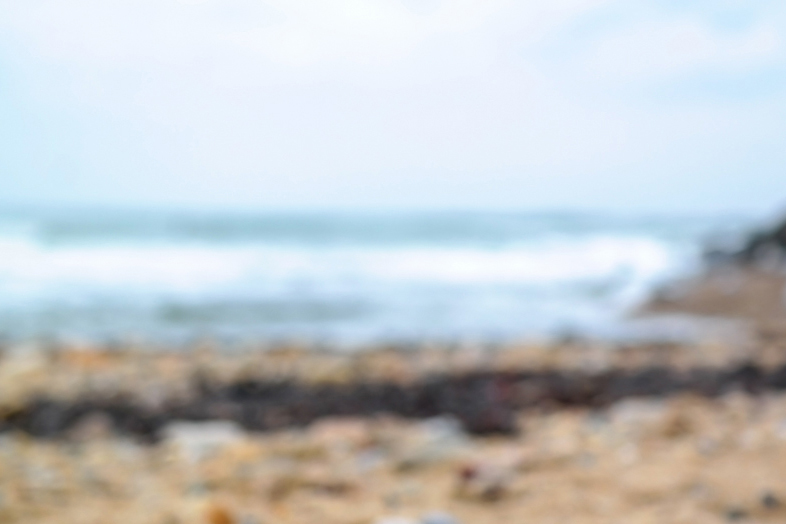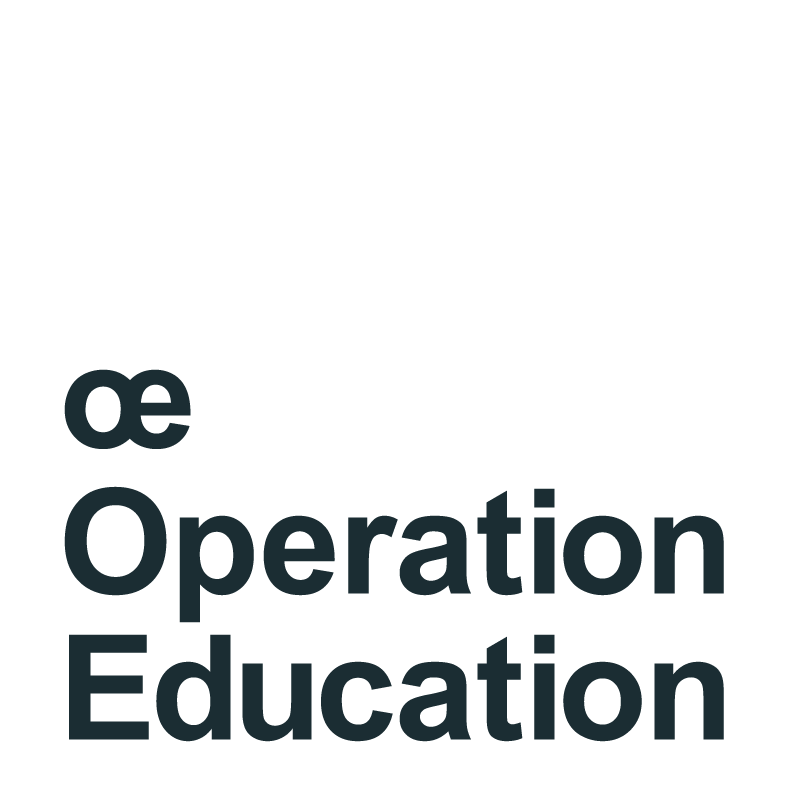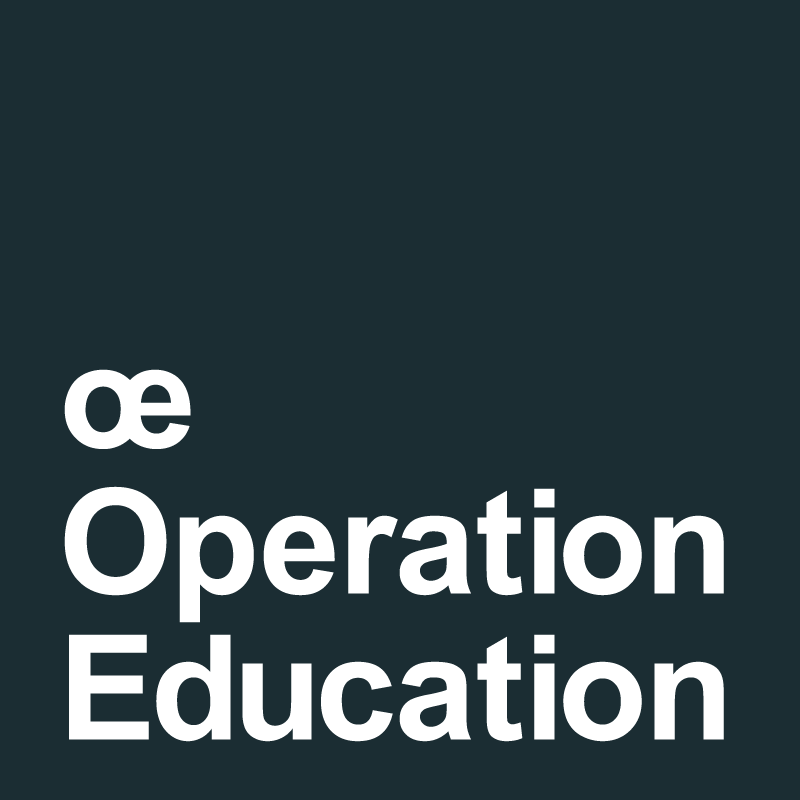
08 nov Ask yourself this
I’m a story-teller at the World Forum for Democracy 2016. I wrote the story below as a teaser for my talk and it got published on OpenDemocracy.net
….
Ask yourself this:
Do you practice what you preach? You have ideas about democracy, equality and education. But what is democracy? What is the purpose of democracy? We often see democracy as something on a country-level. But how many of you actually practice democracy and democratic values in your day-to-day life?
At home, inside you or with your children, in your work environment? Implementing and acting upon the human and children’s rights like the right to privacy, the right to move around freely, freedom of speech, freedom to question authority, freedom of interaction and association, freedom of action – to engage in any activity or enterprise you choose, based on your inner motivation, rather than what someone tells you you should do, based on their judgment of “what you’re worth”?
As a human being, you have an infinite number of roles you can play in your life and an infinite number of skills you can develop. Every person is different and nature proves that biodiversity is very important. So why is our society built up on the foundations of the average? A recent book by Harvard’s Todd Rose scientifically proves that no one is average. Not you, not your kids, not your parents – the average person doesn’t exist.
In schools right now we design education to the average of dimensions of learning. We limit the curriculum and subjects and we teach children to give the right answer. And school is very competitive – achieving and being ‘the best’ gets rewarded in our society. But what is ‘the best’? I believe we are limiting ourselves as a society by limiting the development of children in this way. There is so much potential in every person – a diversity of talents, skills and capacities. So many solutions to our problems.
How can we expect children to grow up as people who are defending human rights, if children’s rights are not always met and a child’s voice not always heard? For almost 15 years, we sort kids by age, tell them what to do, where to do it, when to do it, how to do it, what to learn and to be the best.
Ask yourself why we go to school
But why? Why do we go to school? Why do we have year classes? Why sort by age? Why do we have a school building? Why long summer holidays? Why is there a curriculum? Why do you have to sit still? Why do you have to be quiet? Why do you have to raise your hand to ask a question? Why are there so many “have to’s” and so little “would you like to’s”?
Why are there so many rules? Why don’t kids have a say about the rules? Why don’t kids feel like they’re taken seriously? Why are there tests? Why does passing a test equal mastering the knowledge? Why do we have homework? Why is making mistakes something bad? Why is there so much bullying? Why are 5% of the children under 21 (200,000 kids) medicated, in the Netherlands alone?
Why do so many kids drop out? Why is working with your mind valued more than physical labour? Why do we separate primary school from high school from college or university? Why do you have to make choices about your future so early? Why do we learn our entire school career to do exactly as we are told and yet, when we get a job, we have to be different? Why do so many people get burnt-out? Why do so many teachers lose their passion? Why, if you succeed in school, don’t you necessarily succeed in life? Why, in a participatory society, do you have so little say about your learning and living environment? And the biggest question of all: what is the purpose of education?

What do we do in life?
Children who are born now have a life expectancy of 100 years. The world of the recent generations is changing – we have less job certainty, diplomas have less value. More and more things are done by technology and robots. Knowledge is everywhere and available by clicking a button. Health care and governments are changing. We have a big problem with our pollution and the way we treat the environment. Plus there is a lot of tension in the world due to inequality, migration, power struggles on an economic and political level. We are slowly waking up out of our dream that we can do anything we want. We are starting to see that we are destroying our planet. That we have to drastically change. This is our greatest challenge ever in human history. We need the next generations to embrace this change. So in this new world, what is the purpose of education?
What can we give each other?
How do we live together? What do we want our communities to look like? Why not have a collaborative school instead of a competitive one? Why not support biodiversity? Why not facilitate young people to take responsibility for themselves, their community and their environment? Why not have a school that is a democracy instead of teaching democracy in an autocratic environment? Every human being matters and has value. Equality in society starts with equality in education.
What is your question?
We are all decision-makers when it comes to education. But we – parents, teachers, school managers, students, politicians, entrepreneurs, etc. – choose education out of habit. What if people made a more conscious choice, thinking about these why’s and thinking about the purpose of education? Asking questions is a very effective way to start a dialogue. I learnt to become an active citizen, through actually experiencing true and full democracy in my school. My democratic education taught me to learn and work together with people of all ages, cultures and backgrounds, and to treat them as equals. I now know how precious it is to have fundamental rights. I am defending them to build a more democratic, transparent and inclusive society – by being a city councillor and an education activist.
…
You can read the complete story ‘Equality in society starts with equality in education’ on Medium.


